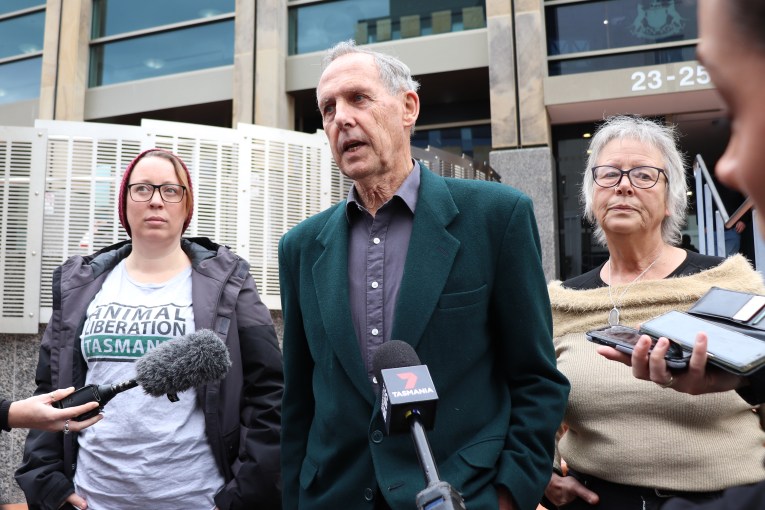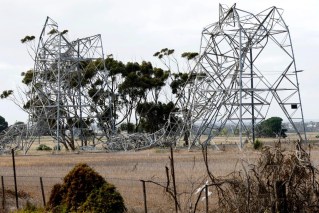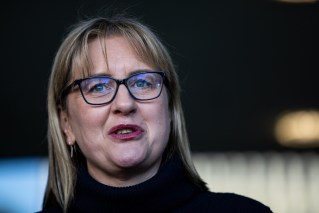How our COVID-19 pandemic action plan will work – in education, aged care and health sectors
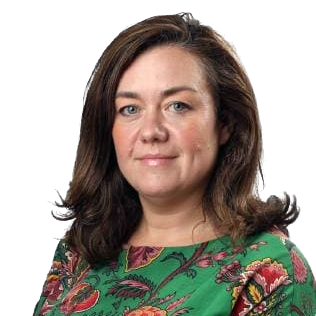
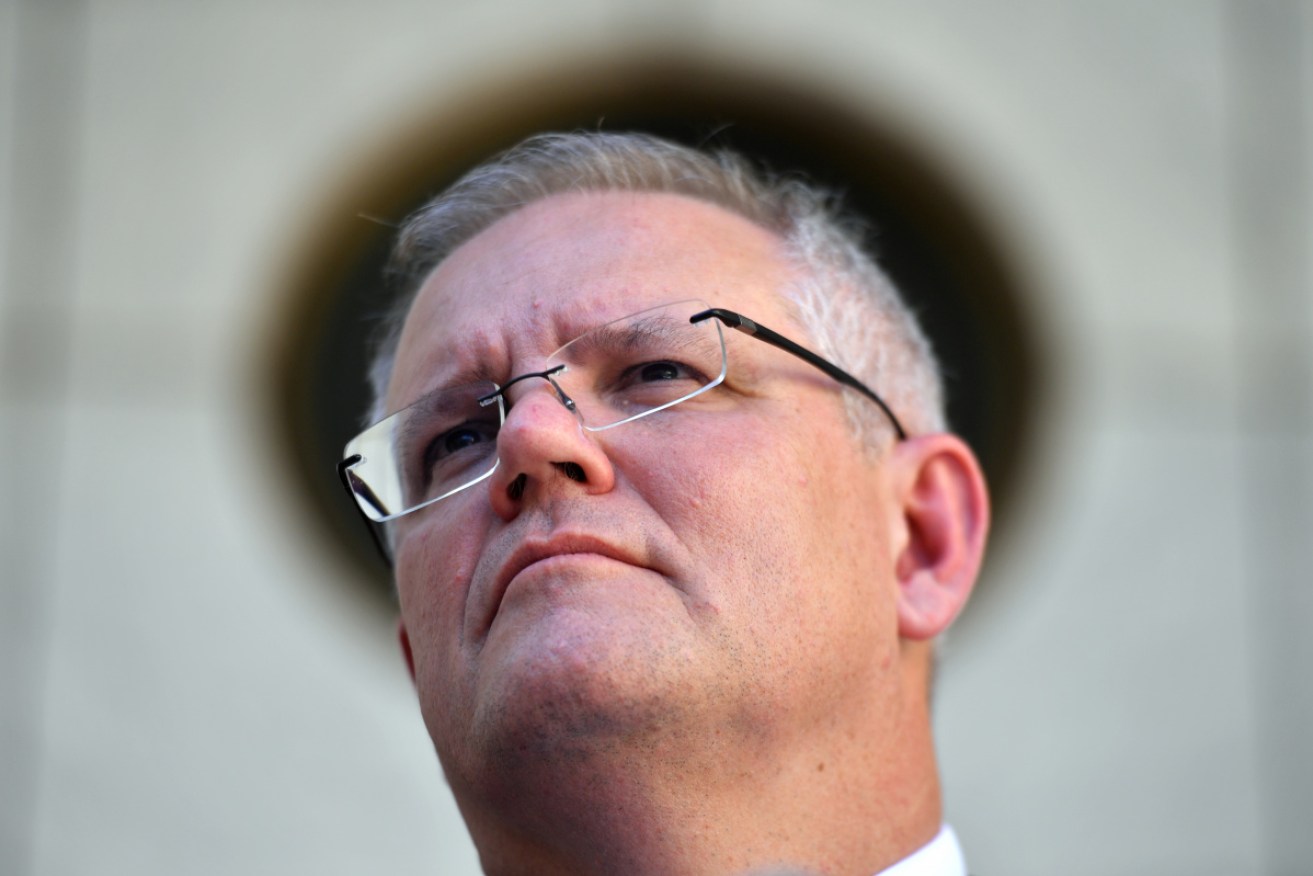
Prime Minister Scott Morrison provides an COVID-19 update at Parliament House in Canberra on Thursday. Photo: AAP
Scott Morrison has activated a pandemic plan, warning the coronavirus is “very much upon us” as Australia prepares to open fever clinics, plan protocols for schools and aged-care homes, and stockpile medical supplies and masks.
As experts warn that the spread of the coronavirus will soon be impossible to contain across the globe, the Prime Minister urged Australians to remain calm but outlined the measures that will be enacted if required.
The National Security Committee met for three hours on Thursday.
“What has occurred … in the last 24 hours or so … is that the rate of transmission of the virus outside of China is fundamentally changing the way we need to now look at how this issue is being managed here in Australia,” Mr Morrison said.
“So while the WHO is yet to declare the nature of the coronavirus and it’s moved towards a pandemic phase, we believe that the risk of a global pandemic is very much upon us.
“As a result, as a government, we need to take the steps necessary to prepare.”
Mr Morrison stressed these measures were being adopted out of an “abundance of caution” given that there were no signs yet of the coronavirus being spread in Australia.
According to health authorities, all of the current cases in Australia were from overseas contact.
They include 15 cases that have come from Wuhan and have now been cleared, and eight other cases that were imported from those who were on the Diamond Princess cruise ship.
“There are no other cases here in Australia and there has been no community transmission, as [chief medical officer] Dr [Brendan] Murphy would say, here in Australia,” Mr Morrison said.
Schools
As Japanese Prime Minister Shinzo Abe announced on Thursday that all schools would close from Monday until April to help contain the virus, Mr Morrison said Australia was preparing a response plan if it is required.
But there’s no suggestion yet Australia will close schools, given there is no sign yet of community transmission.
“In relation to schools, I’ve tasked the Minister for Education to engage with the education ministers from the states and territories,” Mr Morrison said.
“I want to stress – and I’m sure Dr Kelly [Dr Paul Kelly, Australia’s deputy chief medical officer] will reinforce this point – there is no evidence before us that children are in any greater risk as a result of what has occurred more recently.
“But we do believe to take care of our kids, that we need an even greater abundance of caution to ensure that should the coronavirus move to a very extreme level or there is any particular risk that is associated with children, particularly those attending school, that we have the preparedness and the arrangements in place with states and territories.”
Mr Morrison said he was confident the states were already well advanced with plans.
Fever clinics, masks
Dr Kelly stressed that for most people, the virus caused very mild symptoms. But the focus needed to be on those that it could kill.
“I would stress that for 80 per cent of people, it’s a mild illness and so we’re preparing for all eventualities in terms of when it may or may not come to Australia, how many people might get infected and … very importantly … to really concentrate on what we can do to decrease the number of cases coming and spreading through our community,” Dr Kelly said.
Another issue to be considered is the stockpiling of masks, which “are the most useful for this particular issue,’” Dr Kelly said.
One option under consideration by state and federal health ministers on Friday was fever clinics to manage high-risk sufferers, including the elderly.
“Coronavirus was already on the agenda but as a consequence of this we have sent out inquiries to all of them to fill the items which we want to look at,” Health Minister Greg Hunt said.
“Supply chain management, to make sure that there’s surge capacity if required … in our hospitals and our medical facilities, the preparedness of state health systems, preparedness of critical medicines – they’re all the things that we now move towards.”
Mass gatherings
The PM said there was no need at this stage to panic and stop mass gatherings of people, such as AFL games, to stop the spread of the disease.
“There is no need for us to be moving towards not having mass gatherings of people,” Mr Morrison said.
“You can still go to the football. You can still go to the cricket. You can still go and play with your friends down the street. You can go off to the concert and you can go out for a Chinese meal.
“You can do all of these things because Australia has acted quickly. Australia has got ahead of this at this point in time.
“But to stay ahead of it, we need to now elevate our response to this next phase.”
Aged-care home lockdowns
Australia’s ageing population is a significant risk factor to be managed by health authorities because seniors are more likely to die from the flu-like virus.
Dr Paul Kelly said this week that in a worst-case scenario family visits would be banned, patients would be isolated and end-of-life planning would be encouraged.
Australia has twice the number of over-65s as China (as a proportion of the population) and the lesson of the Diamond Princess outbreak was that the bulk of the deaths were in the over-80 age group.
Economic stimulus
Mr Morrison has previously rejected Labor calls for economic stimulus to protect Australia from a recession as the global impact of the virus grows.
There are already warnings it will hit Australian universities and the overseas student market.
“We are quite aware of where the virus is impacting in particular sectors more than others,” he said.
“Obviously, in the travel sector it’s having a very big impact, in the education sector, but … the impact of supply chain breakdowns, not just now between Australia and China but in a broader global pandemic stage, would also be quite relevant.
“We’re aware, particularly in the export industry, in the marine sector … especially in North Queensland, but these problems are presenting in many other places and Treasury is doing that work now and the Treasurer [Josh Frydenberg] will be leading a response to that.”
China ban extended
The Prime Minister also confirmed the travel ban for China, which is being monitored on a weekly basis, will continue for another.
Quarantine powers were activated on January 21.
